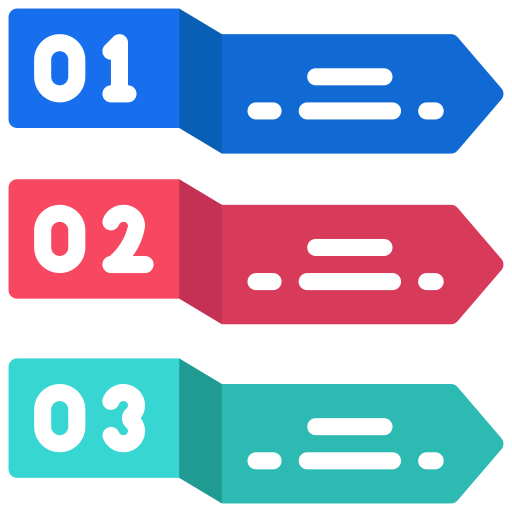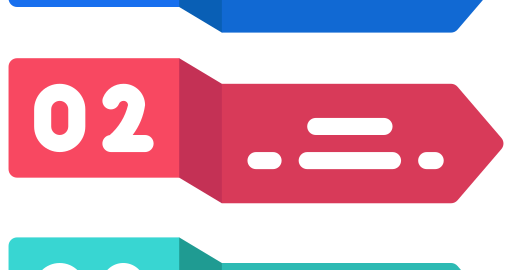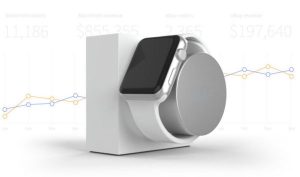
Have you heard of the rocks, pebbles, and sand analogy? The basic gist of it is that we can–and should–conceptualize our lives as a jar, filled with rocks, pebbles, and sand. The rocks are the truly important things, such as family, health, and relationships. Even if everything else was taken away, we could still have a meaningful life based on these things. The pebbles are other important things like work or school, which undoubtedly impact our identity and our mood, but aren’t essential for a meaningful life. Finally, the sand is the small stuff that fills up all of the remaining space. Regardless of how you conceptualize what belongs to what category, the powerful part of this story is the truism that we have to start with the big, important things. If we start small, with sand, the whole jar fills, and there’s no room to fit in our real priorities.

This analogy is a neat fit for the realm of knowledge work. While we all pay constant lip service to priorities and utilize any number of to-lists, project management software, or even paper-form notebooks to try and clarify what our ‘true’ priorities are, an honest analysis of where our time goes can be pretty shocking. With the best of intentions, we sit down at our desks and tell ourselves the story that we are spending the morning on a given task, only to get pulled in a million directions and emerge, frazzled, overly-caffeinated, and disheartened, hours later. In rock-pebble-sand lingo, we are constantly bombarded with sand and pebbles. Cal Newport, in Deep Work, calls this attention residue, that gums up our cognitive gears.
It’s not that the real ‘rocks’ of our work lives don’t exist. They’re there, and they demand our best, focused selves. But our real priorities are scattered across various applications and communications, and worse yet, we often have trouble actually identifying them amidst the cacophony of noise. We need to take back control, not just to improve the quality of our work, but to ensure that our personal lives are enriched by a sense of fulfillment from our work rather than dragged down by it.

One effective experiment is to take the reflection time to write down what your true top priorities for a week are, and then diligently track how you spend your time. At the end of the week, how aligned are the categories between what you intended to give your attention to, and what you actually spent your attention on? If there is a large discrepancy, it’s worth analyzing why that is the case. If you truly aren’t getting to the most important things at work, what is getting in the way? Do you feel a pressure to respond immediately to all emails and Slack notifications that come in? Do you procrastinate, justifying the procrastination by thinking that all the small things you are taking care of have an actual end point, where your desk and mind will be totally clear to focus? If so, you need to remember that the physics are against you: as long as you begin filling the jar with sand and pebbles, you will literally never have room for the rocks. There’s no end to the small things.
Once you are more in touch with your true priorities and are dedicated to not just paying them lip service but following through, you need to create an environment that will help safeguard your focus. Curating a digital workspace that protects your focus means tuning out the noise, and increasing the signal. Part of this depends on our inner state, and creating an internal culture of focus. But there are also things we can do right now, in our external, digital environment, to safeguard our precious cognitive calories. Because let’s face it–as important as willpower and prioritization is, the chaos of current digital work environments make even the best of intentions an uphill battle.
The emergent category of unified digital workspaces speaks directly to this problem, and offers a solution that speaks to our fundamental needs, wants, and intuitions. Instead of adding yet another tool to the mix, unified digital workspaces organize all of our existing communications, files, and tools by project or client, giving us exactly what we need for the task at hand, and nothing more. UDWs aren’t magic: they won’t take care of your priorities for you. But they do understand–and are designed for–protecting your focus, so that you can do your best work.
In the words of Annie Dillard, “How we spend the hours is how we spend our lives.” In an increasingly fast-paced age, it’s imperative that we all stop to remember that.
Business & Finance Articles on Business 2 Community
(69)
Report Post








